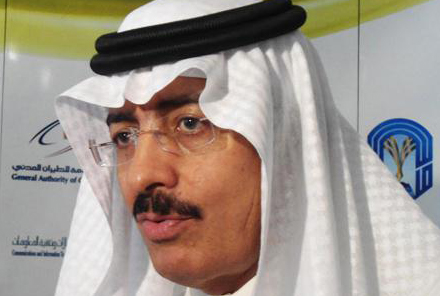Riyadh, Aug 20: Saudi Arabia has warned foreign Hajis against politicizing the annual pilgrimage, saying it would not tolerate any move to violate the event’s sanctity and security.
“We have signed agreements with all foreign Haj missions to make sure their pilgrims strictly follow the Kingdom’s regulations,” said Haj Minister Bandar Hajjar.
“Exploiting Haj for political purposes will be a violation of this agreement,” he added.
The minister’s statement is significant as it comes at a time when political disturbances are taking place in many parts of the Muslim world including Egypt, Tunisia and Yemen.
The Saudi regulations strictly ban any type of demonstrations during Haj as such activities disturb the event’s peaceful atmosphere.
Saudi authorities have decided to cut the number of foreign pilgrims by 20 percent and domestic pilgrims by 50 percent this year because of ongoing expansion work at the Grand Mosque in Makkah.
The first groups of Haj pilgrims are expected to arrive by the end of this week. “We have made arrangements to receive these pilgrims who are scheduled to arrive between Aug. 22 and 27,” said Hatim Al-Qadi, spokesman of the ministry.
The majority of foreign pilgrims will come by air while the remaining by land and sea. The annual pilgrimage comes following a successful Umrah season, which drew more than five million foreigner pilgrims.
According to Al-Qadi, 70,000 of these Umrah pilgrims still remain in Makkah and Madinah. The Kingdom has decided not to give Haj visas to the elderly and those suffering from chronic diseases this year in order to prevent the spread of MERS.
“This new rule will be applicable to the forthcoming Haj and the subsequent Umrah seasons,” Health Ministry spokesman Khalid Al-Mirghalani told Arab News.





Comments
Add new comment